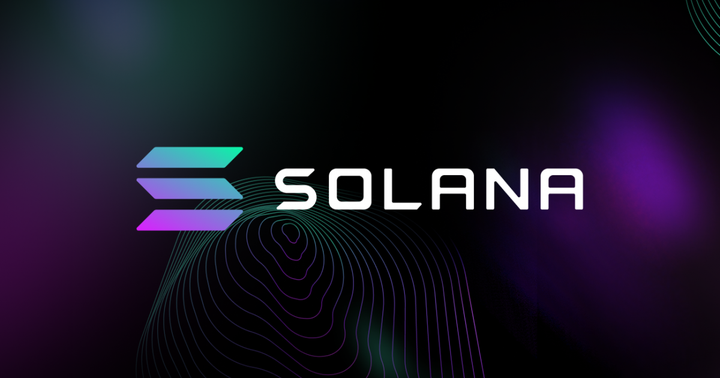Chinese state-linked hackers targeted at least six US states
At least six US states have been targeted by hackers with tenuous links to the Chinese government and espionage interests, and who successfully exploited vulnerabilities in web programs, cybersecurity company Mandiant said in a report.
Hackers associated with the notorious Chinese group APT41 have been targeting US states in a tenacious and adaptive campaign, according to cloud security firm Mandiant (who are regarded as so good at their cyber threat intelligence and response specialization that Google and Microsoft just had a bidding war over the firm, with Google emerging on top with a US$5.4 billion buyout offer).
From May 2021 to February 2022, the group compromised at least six state government networks by exploiting vulnerabilities in internet-facing programs including an animal health reporting app, the report said. Victims and data targeted by hackers were “consistent with an espionage operation,” Mandiant pointed out, but did not rule out that the motive could have been money given the group’s “history of moonlighting for personal financial gain.”
According to Mandiant, APT41 quickly adapted attacks to take advantage of new computer vulnerabilities that were made public. For example, within hours of Apache Foundation announcing a critical flaw, the hackers began taking advantage of it and compromised at least two US state governments “as well as their more traditional targets in the insurance and telecommunications industries,” the Mandiant report said.

Mandiant said in its hundreds of investigations, like in 2013 when hundreds of attacks were traced to this Shanghai building, showed that groups hacking into US newspapers, government agencies, and companies “are based primarily in China and that the Chinese government is aware of them.” (Photo by PETER PARKS / AFP)
Mandiant researchers described APT41 as highly resourceful. “APT41’s recent activity against US state governments consists of significant new capabilities,” the researchers highlighted.
Beijing, for its part, said in official channels that it “firmly opposes any form of hacking attacks and cracks down on them in accordance with the law.” Foreign ministry spokesman Zhao Lijian…



